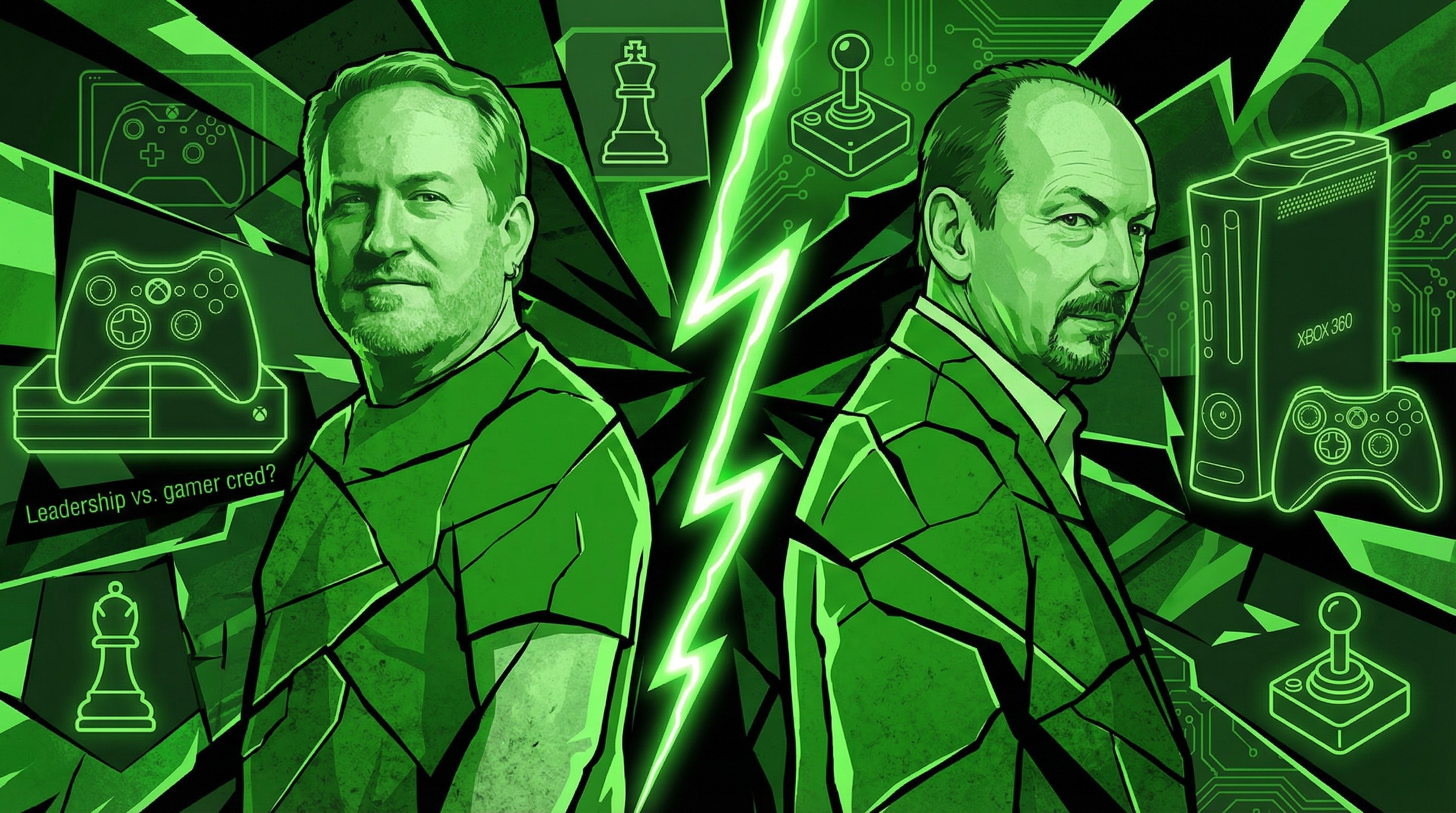Microsoft's Xbox Project xCloud will take a new approach to game streaming
We rounded up the rumors backing Microsoft's Xbox game-streaming technology – and assembled thoughts on how the company's research will make it a reality.
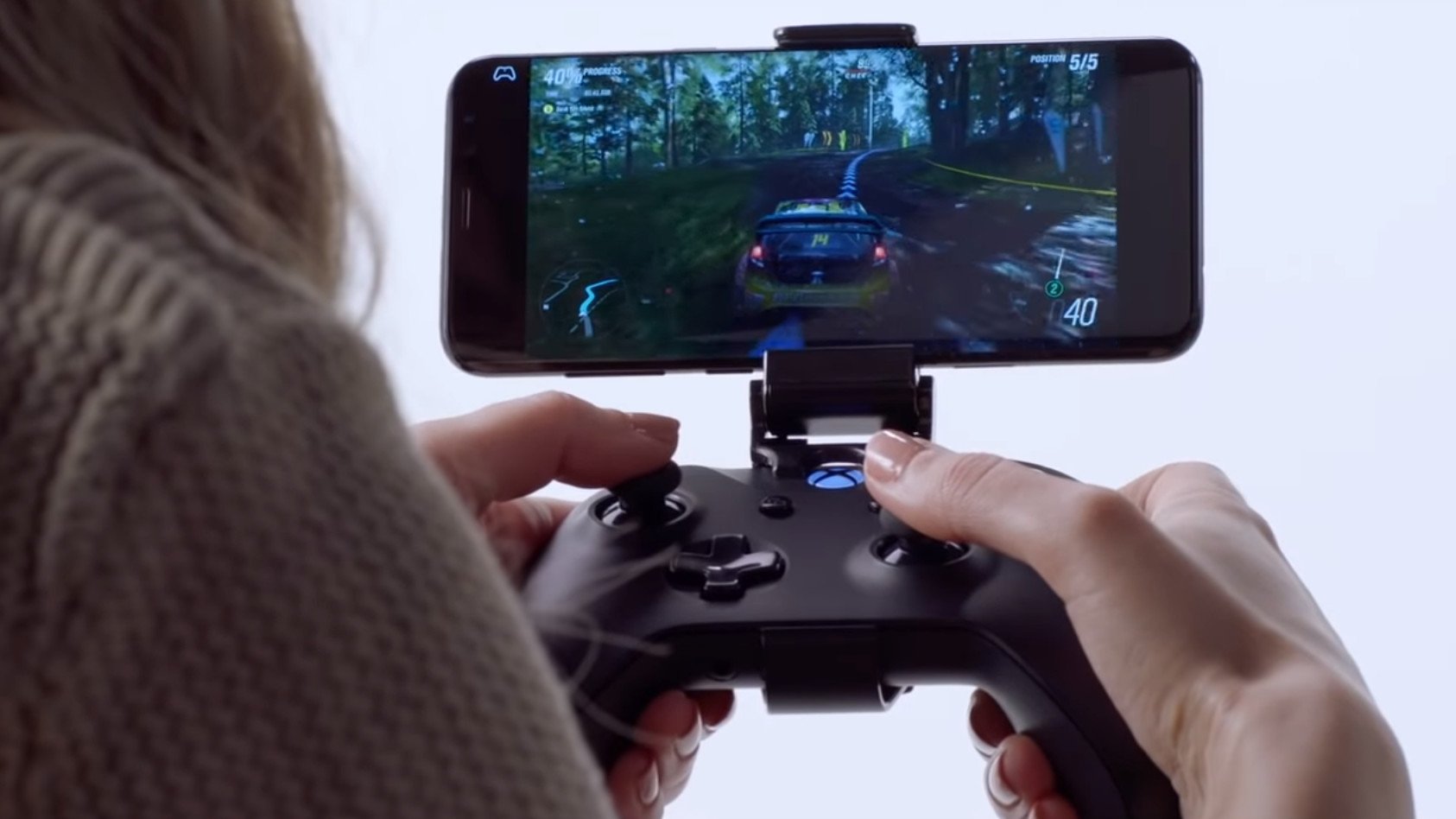
All the latest news, reviews, and guides for Windows and Xbox diehards.
You are now subscribed
Your newsletter sign-up was successful
Game-streaming has faced a troubled past, from the decade-old missteps of OnLive to the struggle to gain traction in 2018. Beaming high-quality gaming across the globe is no easy feat, and while networks are better than ever, gameplay is often compromised in the process.
Project xCloud is poised to be Microsoft's next major gaming endeavor, mobilizing its Xbox platform with a cloud-based streaming service. With strong foundations and internal trials underway, early reports indicate Microsoft aims to distance itself from rivals by overcoming these early hurdles.
Alleged details are now surfacing. Here's how the technology might be shaping up.
Xbox Project xCloud game streaming: Everything we know
Tackling game streaming latency
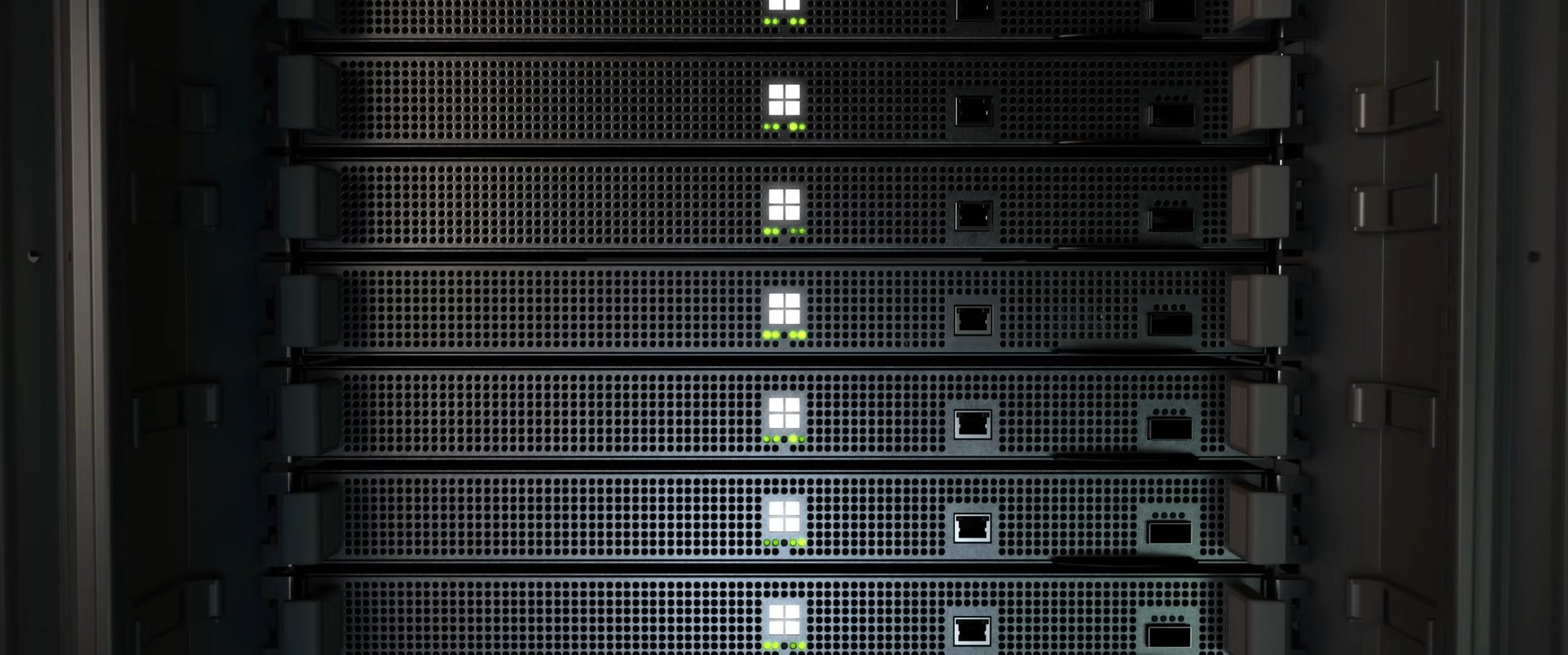
The logistics of game-streaming come with considerable complexity, with the need to ensure a high-quality image and timely delivery. Unlike music and video, the real-time nature of gaming emphasizes latency, the principal weakness of past failed services. Especially in fast-paced genres like shooters and racers, sub-second delays can make games unplayable.
Project xCloud's rollout pairs with dedicated data centers, comprised of server blades boasting custom Xbox One hardware. These servers will host games for clients region-wide, emulating full Xbox hardware without the reliance on a full-fledged console. Existing reports indicate a unique approach that merges local and cloud processing.
Existing game-streaming services like PlayStation Now and Google Project Stream feed full titles from servers via compressed low-latency video. Microsoft's rumored hybridized solution could set Project xCloud apart, leveraging the strengths of both local and cloud gaming. Such a system could see inputs, image processing, physics, and other latency-sensitive components processed locally while demanding elements are handled by the cloud.
All the latest news, reviews, and guides for Windows and Xbox diehards.
This isn't Microsoft's first attempt at offloading processing to the cloud, as demonstrated by "Kahawai," a Microsoft Research and Duke University collaboration. The project aimed to split processing between mobile devices and cloud servers, primarily aiming to reduce bandwidth requirements. Dubbed "collaborative rendering," this allows devices to create a "rough sketch," while GPU-intensive textures and shaders pull from the cloud.

Watch: Microsoft Kahawai means high-end graphics for less bandwidth
Using Doom 3 as an example, the Kahawai tool managed to cut the bandwidth required to stream the game over a 1MB line by more than 80 percent while avoiding major cuts in visual quality. All this occurs while eliminating the delay usually associated with cloud gaming.
Project xCloud might predict your future
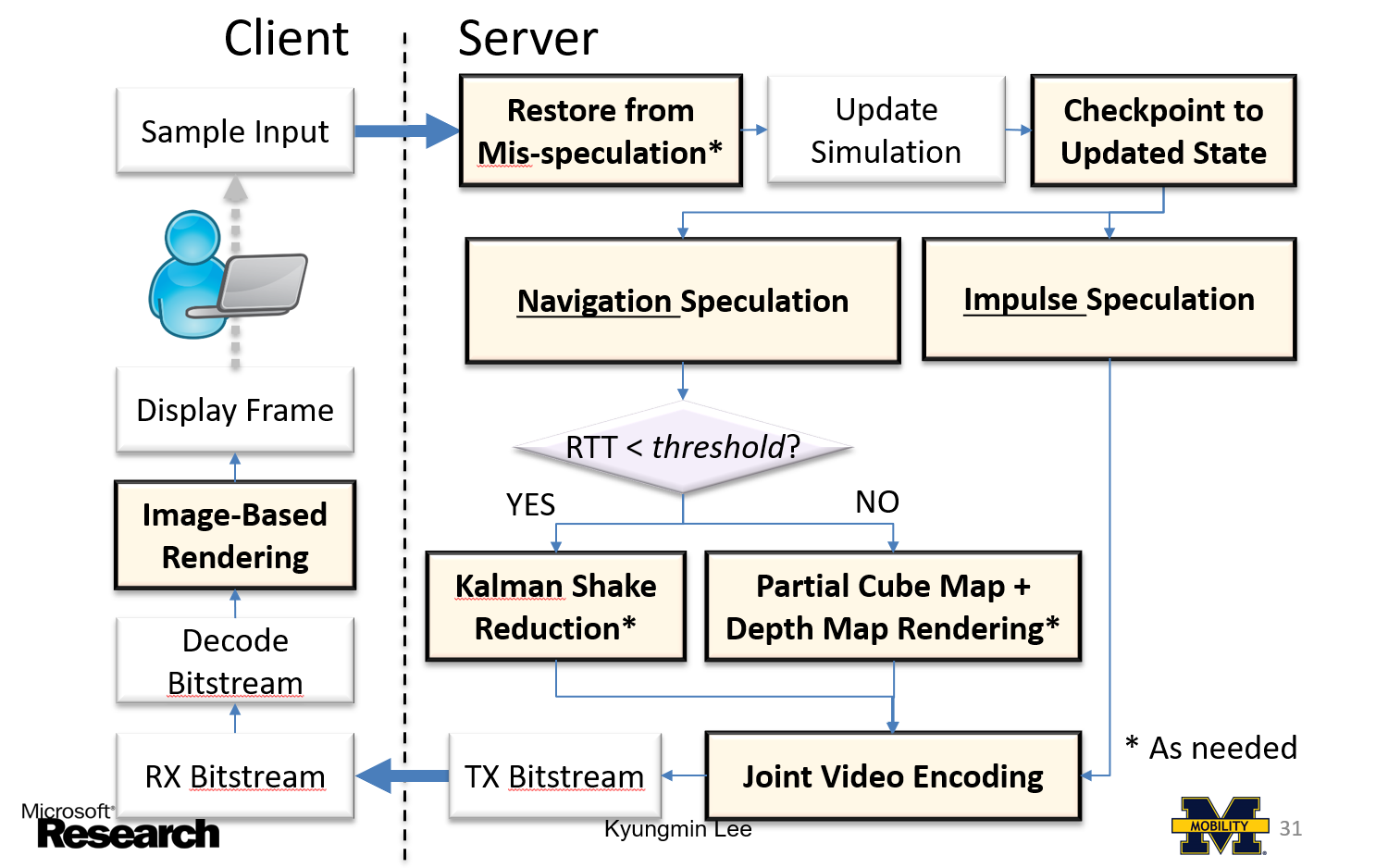
A recent report also detailed additional moves to clamp down on latency, "predicting" player actions in real time. Leveraging deep learning advancements, it appears Microsoft plans to anticipate inputs before they're made, while seamlessly correcting inaccuracies as they occur.
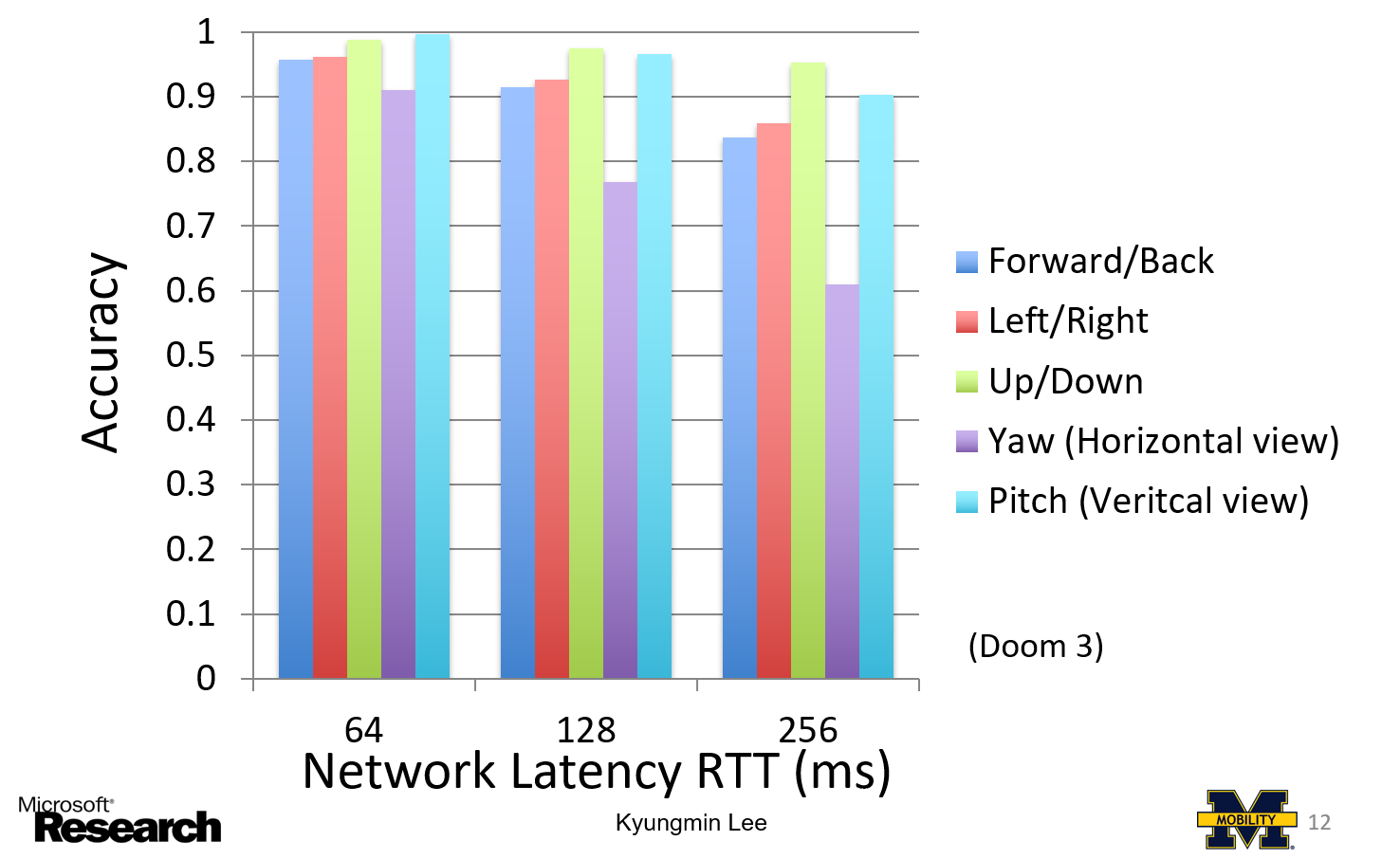
The technology seemingly derives from "Outatime," a 2015 Microsoft Research project that explored how speculation can eliminate latency issues. Time-traveling references aside, the publication demonstrated perceivable gains to counter delays. This also reportedly pairs with Microsoft's Project Brainwave platform, designed to accelerate real-time AI calculations in the cloud for further reduced latency.
Outatime explored analysis of gameplay, predicting what players will do next, and applying this to improve real-time streaming. The project could mask up to 120 milliseconds of latency at publication, achieved by preparing "speculative frames" of likely outputs before the action occurs. If correct, this image will be instantly reflected on-screen, while mispredictions can be locally warped before being displayed. The systems could also improve predictions over time by learning playstyles and reducing miscalculated frames. All this occurs in milliseconds, and in theory, retains smooth gameplay.
Microsoft also published side-by-side comparisons of Outatime technology and a standard baseline. Tested using DOOM 3 and Fable III, the demonstration showed improvements when aiming the camera, moving, and firing weapons. Although both are older titles, Microsoft claims these benefits transfer to modern titles due to similar foundations.
Reducing load times
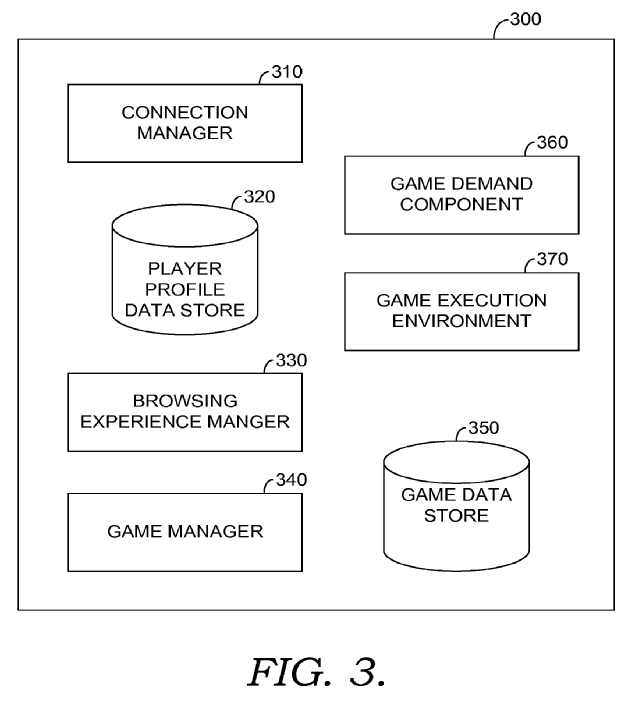
Microsoft-registered patents also hint at an AI-enhanced backend, with instances of Xbox One titles cached in xCloud's active memory. These remote instances aren't linked to profiles, allowing players to seamlessly "boot" and request these preloaded titles without perceptible initial load time. Upon request, your unique player profile will be loaded into each instance, with save data, languages, and other preferences.
Comparing the concept to browsing TV channels, Microsoft hopes this will allow for a seamless boot-up across your library. This further enhances the on-demand nature of xCloud, reducing overall wait times. Paired with usage data, the service can anticipate demand, scaling resources on a regional basis and ensuring consistency. It's that extra feature that could showcase the parallels between xCloud and conventional media-streaming platforms.
Your thoughts on Project xCloud
Microsoft's Project xCloud is being pitched as the next major addition to the Xbox platform. Existing leaks look promising, and hopes are high for the game-streaming service. However, big challenges lay ahead. Let us know if you're looking forward to Project xCloud, and why, in the comments section.

Matt Brown was formerly a Windows Central's Senior Editor, Xbox & PC, at Future. Following over seven years of professional consumer technology and gaming coverage, he’s focused on the world of Microsoft's gaming efforts. You can follow him on Twitter @mattjbrown.
